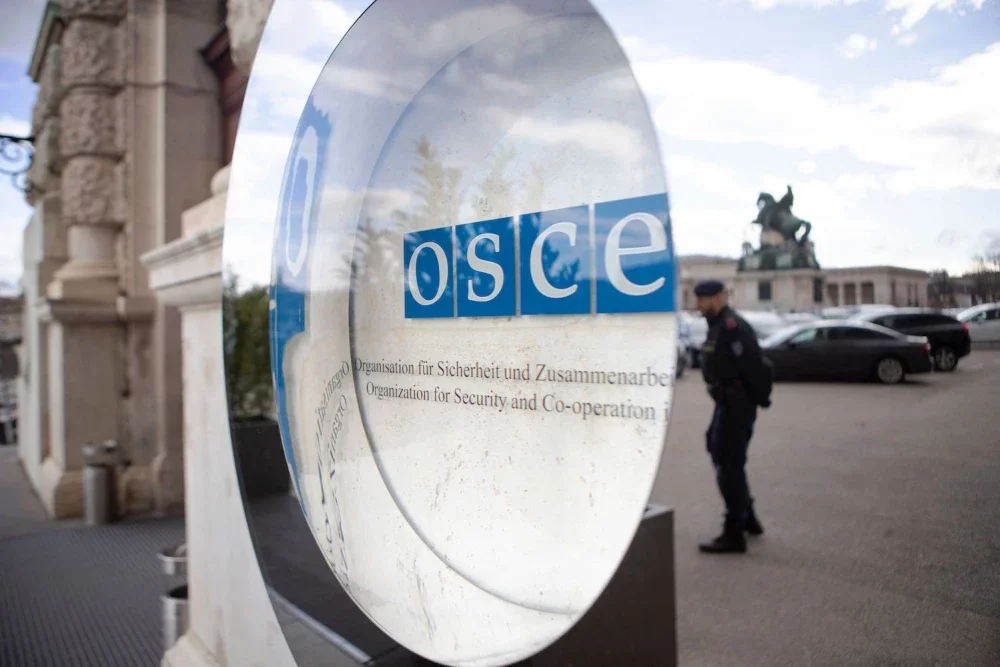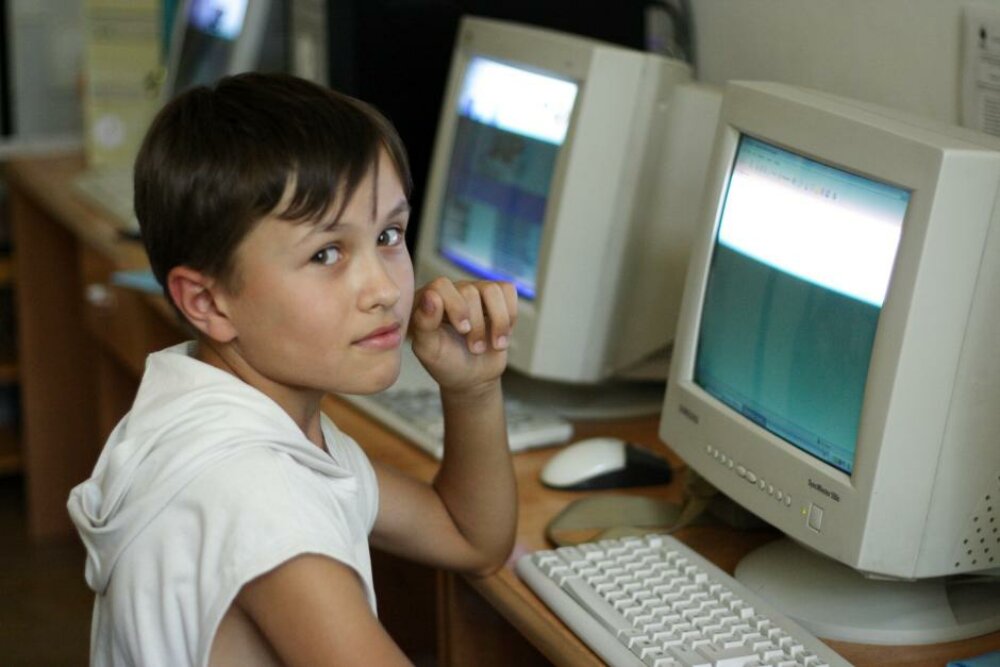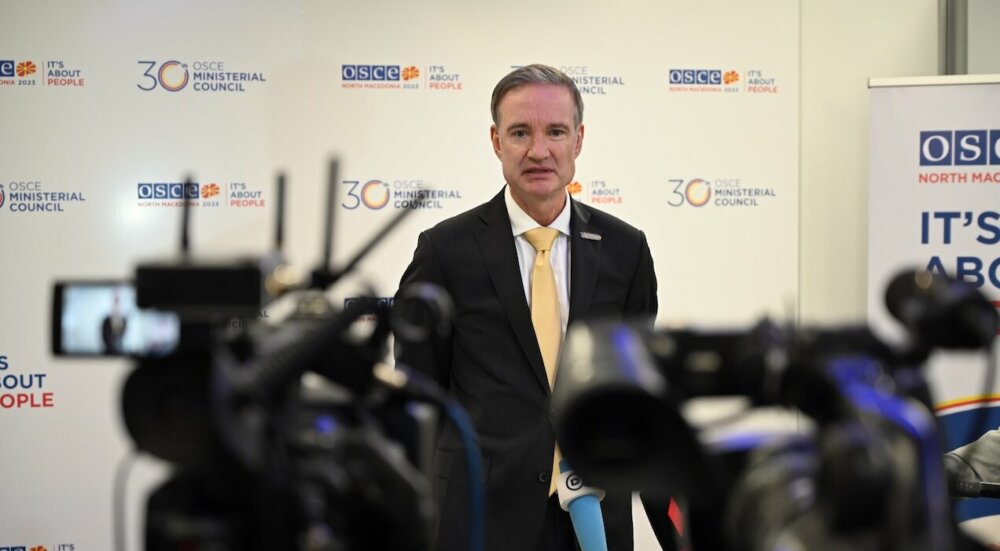Guest Blog Entry: Norms in mediation processes: Too much of a good thing?
In 2014, the Swiss OSCE Chairmanship listed mediation as one of their key priorities in order to strengthen the OSCE’s mediation capacities for the processes they support.
The expectations towards mediation processes are growing: not only are mediators supposed to bring a conflict to an end, but they are also increasingly asked to integrate gender, human rights, justice and other norms into their overall strategy. The development and adoption of guidance documents for mediators (such as the UN Guidance for Effective Mediation adopted by the UN General Assembly in 2012, or the launch of the OSCE Reference Guide for Mediation and Dialogue in 2014) signals the growing imperative for normative frameworks in practice. The institutional policies of the Organization for Security and Co-operation in Europe (OSCE), the European Union (EU), and other regional bodies are increasingly value-based, inevitably impacting the way they expect the mediators to do their work.
But how far should a mediation process be guided by normative expectations? Is it the role of the mediator to defend certain norms at the mediation table? What is the role of a mediation process – to end violence or to provide an opportunity for a society to redefine itself for the future? These questions cut to the heart of an ongoing debate among practitioners, who implicitly or explicitly position themselves on a spectrum of approaches and angles, ranging from pragmatism to a full embrace of normative standards in mediation processes. The implicit assumption is often that norms are inherently good, as something that ‘should’ happen, and thus, their spread is assumed to have positive consequences. Discussing the challenges surrounding norms such as inclusivity is not easy. After all, who could reasonably be ‘against’ including the voices of those who also have a stake in the future of their own communities and societies?
Between May and December 2014, swisspeace analyzed these issues through interviews with 22 mediators and mediation experts from foreign ministries, the UN, NGOs and academia. Challenges surrounding the normative framework of inclusivity were a particularly salient topic. Normative statements such as: ‘mediation processes should be as inclusive as possible’; ‘the peace table should include members of civil society’; and ‘the peace talks should include more women’ can be found in numerous advocacy and policy documents from international organizations and regional bodies, foreign ministries, civil societies, the media and donors. Consequently, the mediators who are often mandated by international organizations and NGOs who ascribe to these policies are increasingly asked to conform.
However, this adds complexity to the mediator’s job. While mediators play a crucial role in encouraging parties to consider questions of inclusivity, most of them do not consider their role to be one of a norms-advocate. In the traditional understanding of mediation, the mediator structures the process, while the parties are in charge of the substantive content. Thus, mediators primarily see their role rather as facilitators of constructive dialogue and negotiations amongst parties to conflict.
As one mediator observed: “If you are a mediator, you are given a certain power by the parties, and then you can use that power to exercise some influence (…). The key thing is to realize there are limitations to the power of the mediator (…). They can enable women’s participation in a process, enable parties to look at questions of gender and (…) wider questions of inclusivity, but they can’t uphold or be the implementers or guarantors of those standards. That’s beyond their power (…)”
The discussion about the role of norms in a mediation process must also be linked to the question of the role of the mediation process and what it should achieve within the larger peace process. What is the overall objective of mediation? Is it to ‘end violence and provide a platform to achieve sustainable peace, justice, security and reconciliation’ as the UN Guidance advises? Or is it an attempt to stop violence by working with parties to conflict? Should peacemaking practitioners strive to lay out the foundations for future viable coexistence in the peace agreement itself, or should their expectations be more humble? If one sees the mediation process as a one-off opportunity to transform society, then mediators need to bring in certain norms and standards into peace talks and any document that arises from them. On the other hand, if one sees the mediation process rather as creating conditions for longer-term processes, then the onus to bring in norms falls less on the mediator and more on a larger constellation of actors within the greater, overall peace process. In this vein, mediation is just one aspect of a larger peace process and cannot be expected to deliver more than an attempt to end violence.
While there is no clear consensus on these questions, the question of how normative frameworks affect mediation processes will remain a key topic of debate between peacemaking practitioners.
More results from the research project will be published soon as a joint report by swisspeace and The Norwegian Peacebuilding Resource Centre.



Comments
* Your email address will not be published